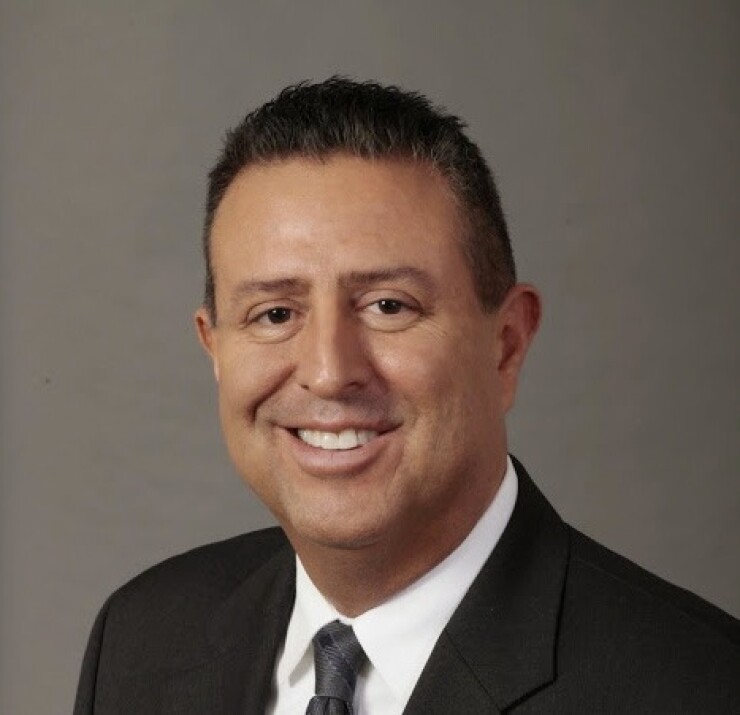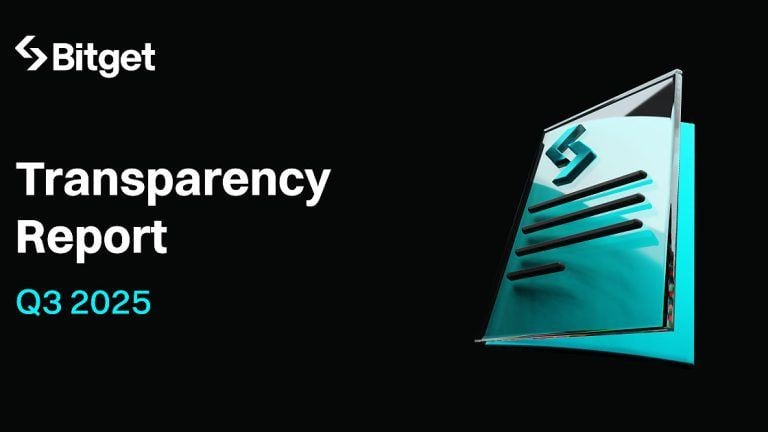Market participants can improve climate disclosure, says SEC’s Sanchez
3 min read

Municipal market participants have had to get creative to manage the current market but should not get creative on the regulatory front, warned one of the market’s key Washington regulators.
“Regulators often talk about when there is reduced issuance, this is where a lot of problematic deals come up,” said David Sanchez, head of the Securities and Exchange Commission’s Office of Municipal Securities, speaking Wednesday at the National Association of Bond Lawyers’ conference in Chicago.
“That’s not a surprise. People are trying to get creative, push the envelope to keep deal flow going on,” said Sanchez. But participants should keep in mind that for regulators, “it boils down to the question: does this deal even need to be done?”
As gatekeepers, bond attorneys should always be asking themselves that question, Sanchez said.
From bespoke deals like tenders, which have grown in popularity with rising rates, and often-tricky limited offerings to “potentially questionable” affordable housing deals, regulators are keeping a close eye on transactions as well as broader evergreen issues like disclosure and pricing.
On the disclosure front, the emerging issue of climate change-related risk should be fairly straightforward, Sanchez said.
“When there is a weather event and damage to a city and people are saying ‘What did the issuer say before?’ [sometimes] the answer is not good,” he said.
“It’s not hard,” he added. “If you’re a city within L.A. County and L.A. County is disclosing a particular issue, you should seriously consider whether you also should disclose it,” he said. “You have to look at your neighbors.”
“There’s very public information about flood risks, sea levels rising that affect specific areas,” he said. “It’s very well known so you can’t stick your head in the sand.”
He warned that climate risk disclosure is “very easy for us to check on — very easy.”
“I thought the market had done a better job but I think in the last year, after digging around, I have to hedge that a little bit,” Sanchez said.
Rising interest rates and the elimination of tax-exempt advance refundings have prompted a resurgence of tender offers as well as so-called creeping tenders, deals that are may be unfamiliar to some in the market.
“You have something that might have been more popular 15 or 20 years ago, it dies off, and comes back to life, people forget the rules that apply and forget to pay attention to what has changed in law have happened in the interim,” Sanchez said.
Like with all transactions, the key question for the issuer should be if it’s a good deal.
On the investor side, the SEC’s “sensitivity” is whether the investor is “getting a fair shake,” Sanchez said.
With creeping tenders, in which an issuer is buying back their debt on the secondary market, regulators want to see that the issuer is not “stepping over the line into a tender offer,” Sanchez said.
Private litigation such as class-action lawsuits over variable-rate demand bonds is another area that the SEC watches, and wants to see “people changing behavior,” he said. “If we don’t see the change happening to comply with applicable rules you can be sure the SEC will step in.”
“A lot of the rule infrastructure came about in Dodd-Frank,” he said. “These rules are in place and it’s very important that people take them seriously.”







